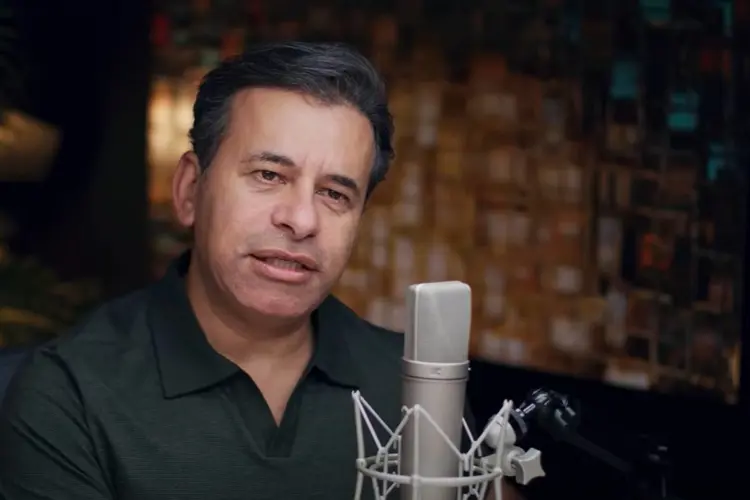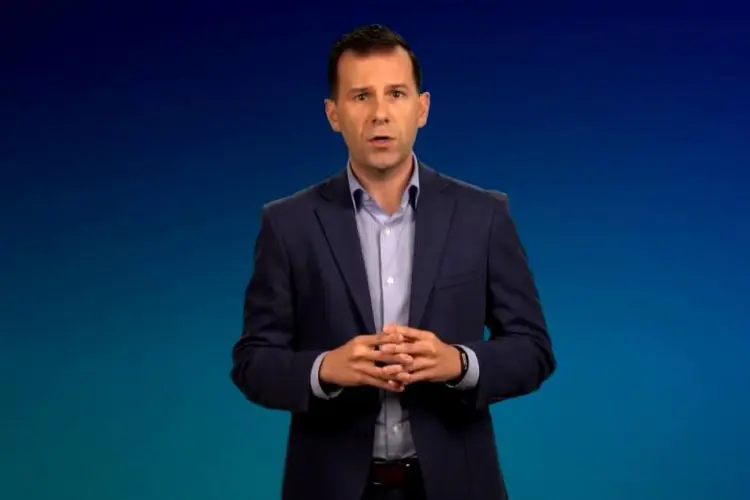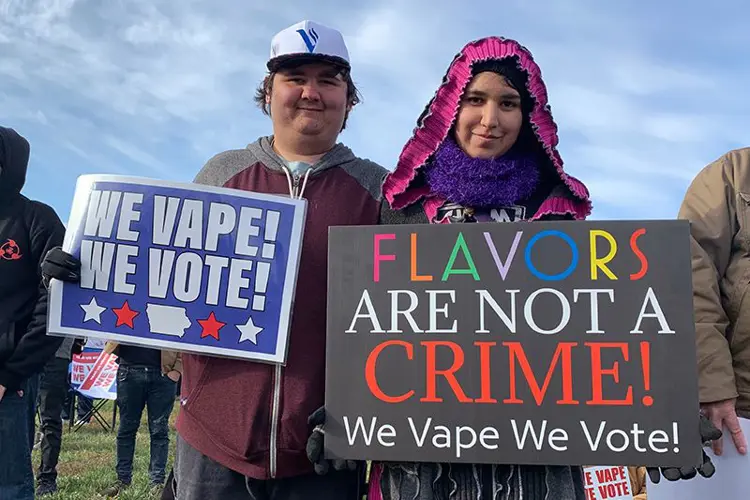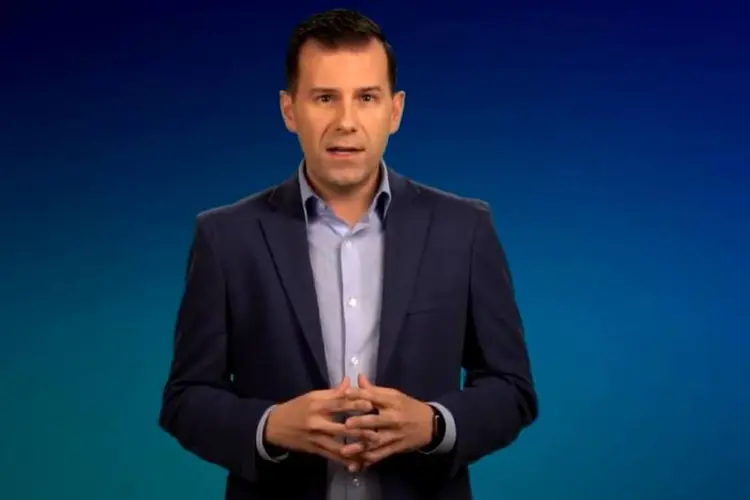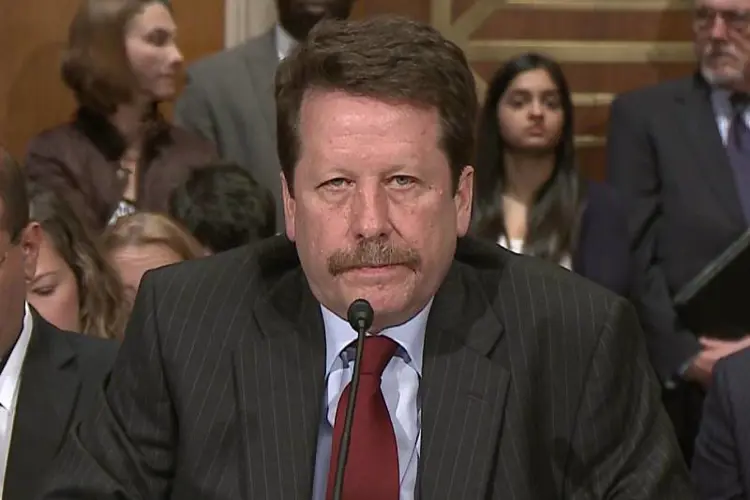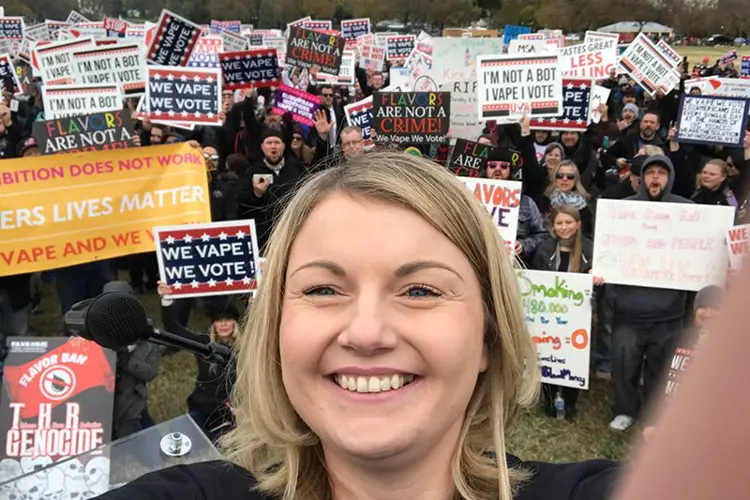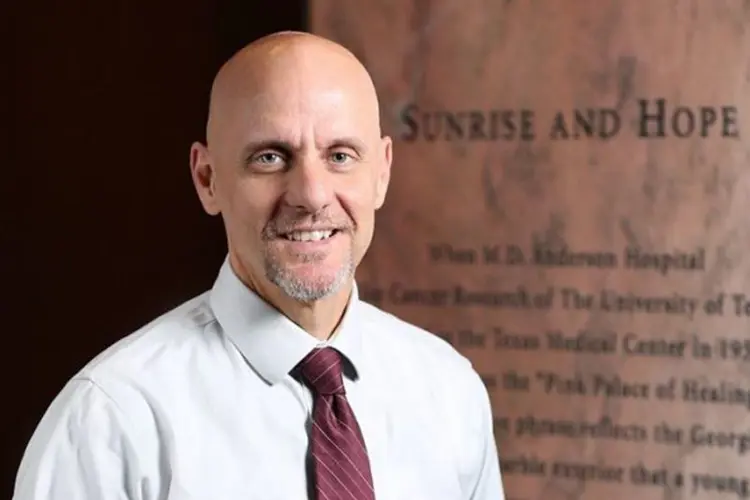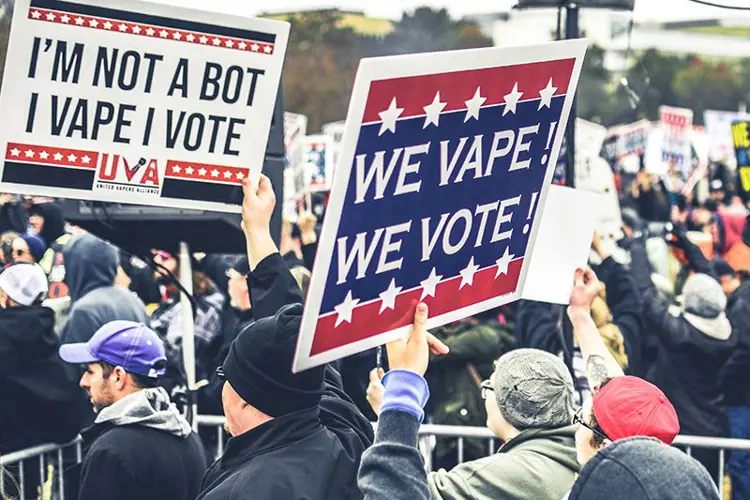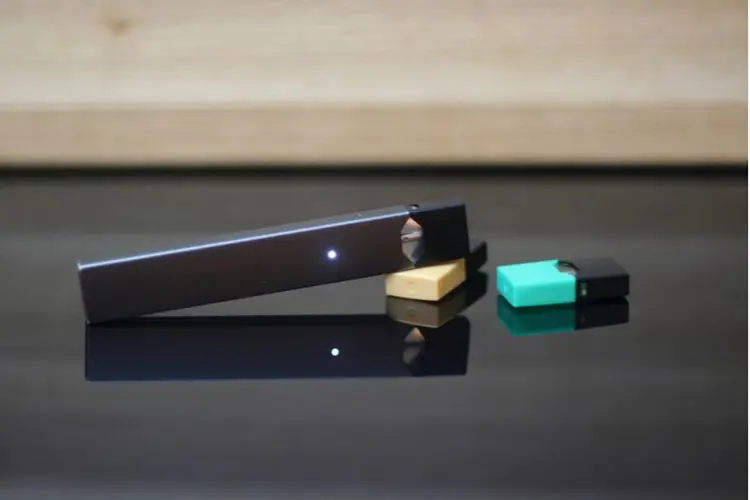The Senate confirmed Dr. Robert Califf as FDA commissioner Tuesday afternoon by a 50-46 vote. Califf’s nomination, first considered a sure thing, was in doubt almost to the end because of the nominee’s industry ties, questions over his handling of the opioid crisis, and opposition from anti-abortion conservatives.
Califf has been generally antagonistic toward vaping as a consumer product. He was at the FDA helm in 2016 when the agency rolled out the Deeming Rule, which gave the FDA authority over e-cigarettes and other tobacco-free nicotine products. One of the new commissioner’s first tasks will be working with Health and Human Services Secretary Xavier Becerra to find a replacement for retiring Center for Tobacco Products Director Mitch Zeller.
Califf will also have to solve the FDA’s vaping regulation mess. After issuing Marketing Denial Orders (MDOs) to hundreds of manufacturers for hundreds of thousands of flavored products, the agency has been challenged in court by more than 30 companies who say the FDA denied their Premarket Tobacco Applications (PMTAs) based on a standard that was not in place when applications were submitted. The agency has so far authorized just one vaping product—a primitive, underpowered “cigalike" device.
The agency has operated without a permanent commissioner for more than a year. Acting Commissioner Janet Woodcock has filled the FDA leadership role since President Joe Biden’s inauguration last January, and Biden didn't seek a candidate for the permanent position until nominating Califf in November.
Califf, who also served as FDA commissioner during President Obama’s final year in office, faced some Democratic opposition based on his handling of the opioid crisis and connections to the drug industry. More threatening to Califf’s confirmation was opposition from anti-abortion groups angry over the FDA’s loosening of abortion pill rules.
In January and February, the White House and special interest groups who support Califf engaged in a concentrated push to save the nomination, according to the Washington Post. The nominee himself made promises to several senators to secure their votes.
In the end, just four Democrats—Richard Blumenthal (CT), Maggie Hassan (NH), Joe Manchin (WV), and Edward Markey (MA)—joined Vermont independent Sen. Bernie Sanders (who caucuses with the Democrats) and most Republicans to vote against the former Duke cardiologist and researcher.
Six Republicans—Roy Blunt (MO), Richard Burr (NC), Susan Collins (ME), Lisa Murkowski (AK), Mitt Romney (UT), and Pat Toomey (PA)—crossed party lines to vote for President Biden’s nominee. Four senators didn’t cast a vote.
The final 50-46 vote came one day after a procedural vote indicated Califf was likely to receive Senate approval. In 2016, Califf was confirmed by an 89-4 margin, with three Democrats and just one Republican voting against the nominee.
Califf’s confirmation was strongly supported by most anti-vaping and tobacco control organizations, including the Campaign for Tobacco-Free Kids. They want the next FDA commissioner to ban flavored vaping products and menthol cigarettes, and issue a rule reducing nicotine in all cigarettes to non-addictive levels.
See our previous coverage of the Califf nomination
Biden Could Pick Vaping Foe Robert Califf as FDA Chief (Oct. 15, 2021)
Biden Announces Nomination of Califf as FDA Commissioner (Nov. 12, 2021)
Califf Hearing Offers Few Clues to Future FDA Vape Regulation (Dec. 14, 2021)
FDA Nominee Califf Heads to Full Senate Vote, but Opposition Grows (Jan. 13, 2022)
Biden's FDA Nominee Faces Confirmation Trouble (Jan. 30, 2022)
Featured image courtesy C-SPAN.
The Freemax REXA PRO and REXA SMART are highly advanced pod vapes, offering seemingly endless features, beautiful touchscreens, and new DUOMAX pods.
The OXVA XLIM Pro 2 DNA is powered by a custom-made Evolv DNA chipset, offering a Replay function and dry hit protection. Read our review to find out more.
The SKE Bar is a 2 mL replaceable pod vape with a 500 mAh battery, a 1.2-ohm mesh coil, and 35 flavors to choose from in 2% nicotine.
Because of declining cigarette sales, state governments in the U.S. and countries around the world are looking to vapor products as a new source of tax revenue.
The legal age to buy e-cigarettes and other vaping products varies around the world. The United States recently changed the legal minimum sales age to 21.
A list of vaping product flavor bans and online sales bans in the United States, and sales and possession bans in other countries.








